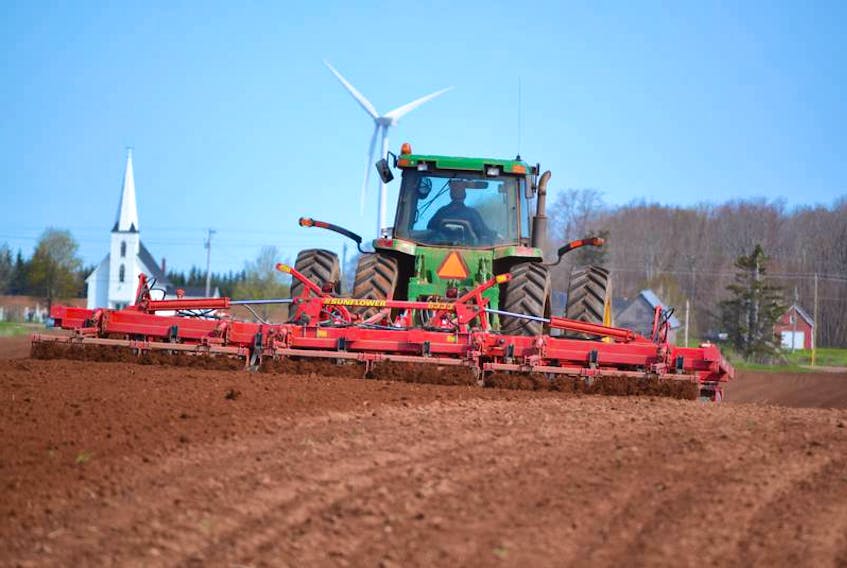We write in response to National Farmers Union district director Doug Campbell’s guest opinion (Where your money goes matters, May 7). There are points of common concern between our organizations. The COVID-19 pandemic has exposed the fragility of the food production system in our country, and should make food security a much higher profile and priority issue for all Canadians. When store shelves can be empty yet farmers have to destroy food (milk, hogs, potatoes) because of disruptions to processing and distribution, it’s a sign of major challenges that need to be worked on from many fronts.
We also agree that farmers carry most of the risk when disruptions happen in the food supply chain, and that’s become even more evident as the scale of COVID-19 blows through any buffering ability in our system. In terms of potatoes, restaurants and food service is the major market for our crop, followed by retail sales and seed markets. When public health measures mandated closures and very restricted operations (drive-thrus and take-out only), sales plummeted for processors in Canada, the U.S., and around the world. Fresh potato growers who service that market too were also impacted. What seemed to be a tight supply situation quickly became an over-supply because most processors have filled their own freezer storage spaces with processed product, and have told farmers they can no longer use the rest of the crop they had contracted with them for in 2019. There are now hundreds of millions of dollars of suddenly “surplus” potatoes in North America.
In P.E.I.’s case, we did not want to see those potatoes go to waste.
We looked at all options, including food aid (food banks, donations to those in need – already happening), fresh market sales (limited capacity due to now excess supply in some major markets), other processing (limited capacity), livestock feed (already happening), biodigesters and composting/burial (with potential environmental and plant health risks). None of those options could handle the volume that had become surplus and none of them would result in farmers getting paid the full value of the potatoes. It would have also resulted in lower prices for our fresh market growers, compounding the problem in the industry.
We were fortunate that freezer space off-Island was identified, and our provincial government was willing to help with the extraordinary costs involved with renting that space and trucking frozen product to store and have available when market conditions improve. The processor can still then process our farmers’ 2019 potatoes as intended when they were planted last spring, pay the farmers fully for their potatoes, keep farm and processing employees working, and avoid the destruction of high-quality potatoes (and potential environmental problems from dealing with that volume of potatoes). We feel fortunate that this option is available to our farms. It is not in many other parts of Canada, the U.S. and Europe.
Our organization represents around 180 farms. The P.E.I. Federation of Agriculture also supported the solution we found and they represent most family farms on P.E.I. The NFU has not been actively involved and is perhaps not well-informed of the challenges our industry faces. We’re disappointed that they are campaigning against the assistance to our farms during COVID-19. Would the NFU prefer to see over 100,000,000 pounds of potatoes that are currently in storage on our potato farms destroyed and our farmers lose over $13,000,000 in revenue? We’re not sure what the NFU would do with the $4.7 million that enables the full use of those potatoes – paying it instead directly to farmers to help with the costs of burial/composting of good potatoes (and foregoing $13 million in revenue by doing so) doesn’t seem like a good solution for our farmers or for tax payers. We need to do everything we can to keep farmers in business through this crisis, and that’s what our intent was and remains. We are so appreciative that our provincial government worked closely and responsibly with our industry during this major shock to the food system.
Submitted by the P.E.I. Potato Board executive: Jason Hayden, chairman; Wayne Townshend, vice-chairman; and John Hogg, secretary.









